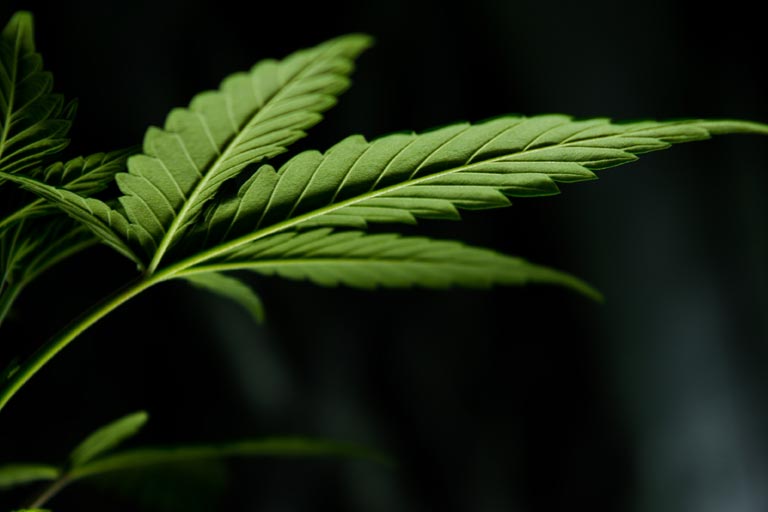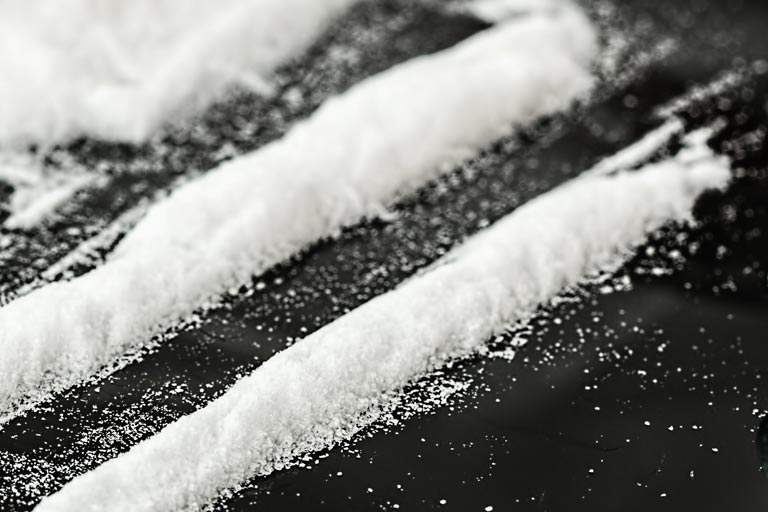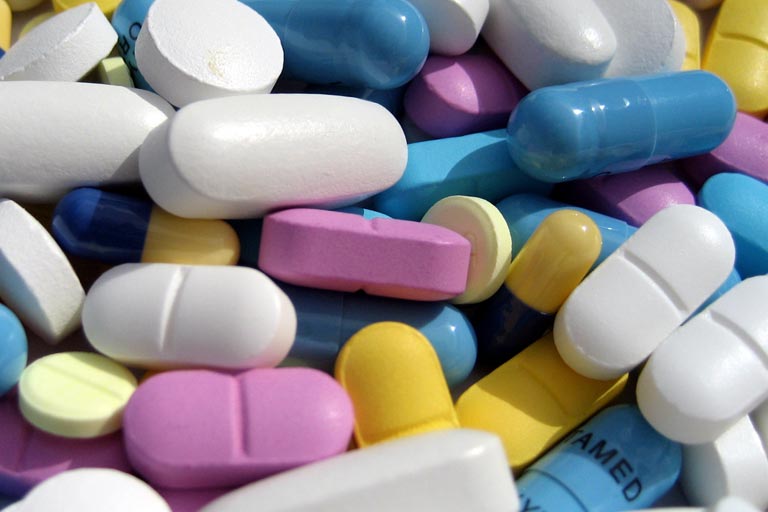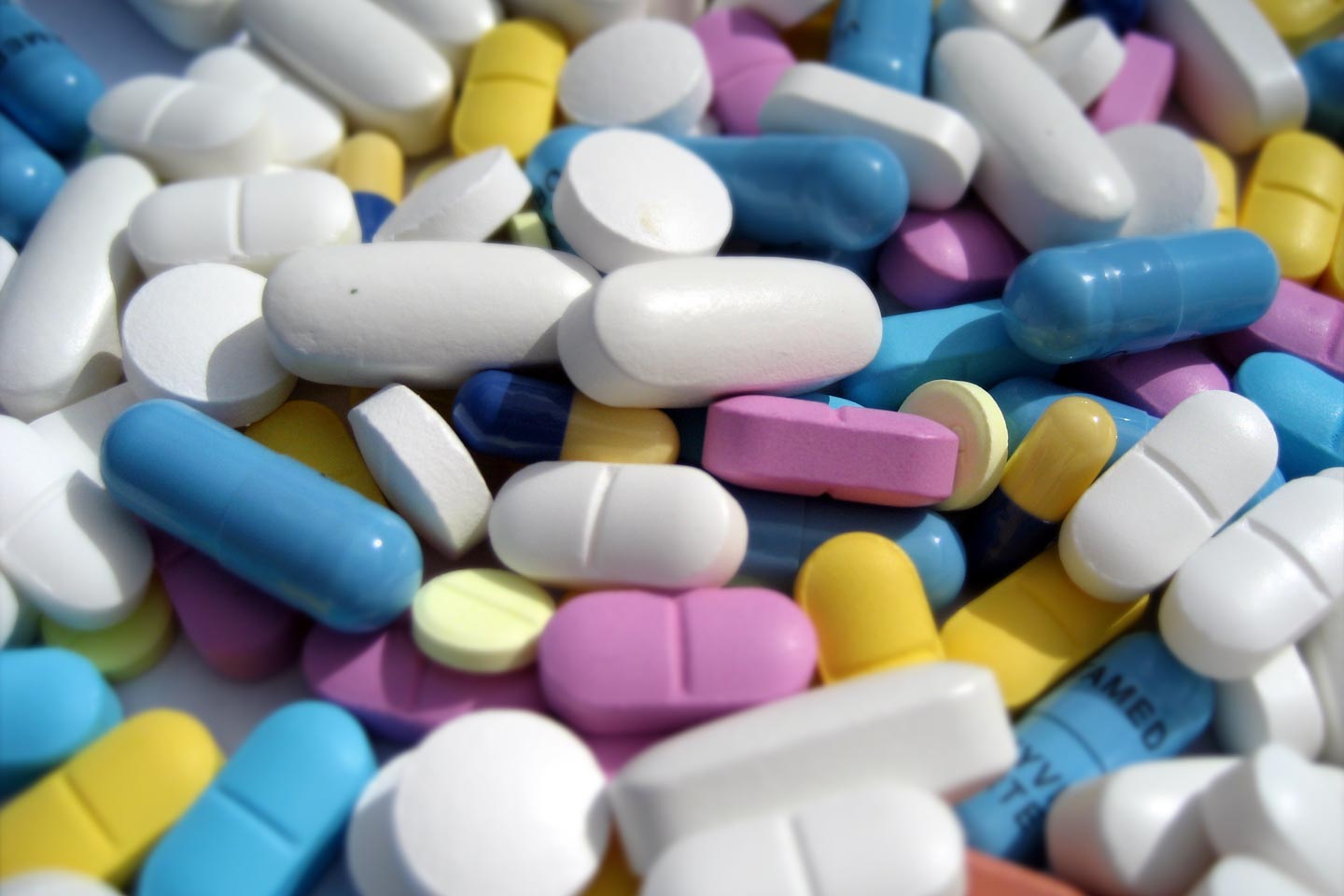Treating an Addiction to Drugs or Alcohol
Pressures at work, a fast-paced career, the expectation of being seen at specific social events and even the relationship with alcohol or drugs in your family and throughout your life all play a part in developing an addiction. However, research also recognises that other factors are at play in the transformation from a social drinker to an alcoholic, or an occasional drug user to an addict. These factors include genetics, specifics in brain chemistry and the presence of mental health issues within a family.

Getting Treatment
It is never too early or too late to begin treatment for an alcohol or drug addiction. The first and biggest step is to recognise there is a problem, and then to reach out for help.
Sometimes for the very powerful - public and high-profile people - problems with alcohol, cocaine or a combination of alcohol and drugs can be difficult to admit to. So it may be that family, friends and those who truly care are the ones who first feel the need to talk about addiction treatment.
We have extensive experience working with clients in all areas of industry - finance, entertainment and public life - struggling with these types of addictions. With expertise, anonymity and a bespoke treatment plan you can overcome addiction and continue to lead your life, becoming a healthier individual and learning coping strategies to live the clean and sober life you desire.

Alcohol Addiction
Recovery from alcoholism is possible, but abstaining from alcohol for most people is not enough to solve the problem over the long term. Only when a person can address the root source of their drinking can they overcome the addiction.
Read more

Cannabis Addiction
Misuse of cannabis can result in a range of destructive symptoms and behaviours, including (at the extreme end) cannabis-induced psychosis and long-term mental illness.
Read more

Cocaine Addiction
Cocaine use has been largely normalised in the UK over the past couple of decades, but cocaine is expensive and addictive, and abuse is increasing in the UK.
Read more

Prescription Medication
One in four adults in England are taking addictive, prescription drugs to treat a range of conditions ranging from depression, anxiety, insomnia, and chronic pain; that's almost 12 million people.
Read more

Ecstasy Abuse
Ecstasy and MDMA produce a positively-charged euphoria, extreme alertness, and a feeling of kinship, often defined as "being loved up". However, some people experience anxiety and panic attacks, paranoia, and confusion after taking Ecstasy.
Read more

LSD Abuse
LSD (Lysergic Acid Diethylamide) is also known as "acid", "trips", or "dots", and is generally considered to be non-addictive. However, some people become dependent on the psychological experience.
Read more
It's not a Willpower Issue
It is critical for anyone with an alcohol or drug problem to understand that they are not addicted because they lack the willpower to simply stop drinking or using.
“Recovery is not a race. You don’t have to feel guilty if it takes you longer than you thought it would.”
Anonymous
Contact Us Today
For help overcoming an addiction you can reach us by phone on 0333 339 2430 at any time, or contact us by email to discuss any questions about our specialist recovery therapy.
Contact Us by email

